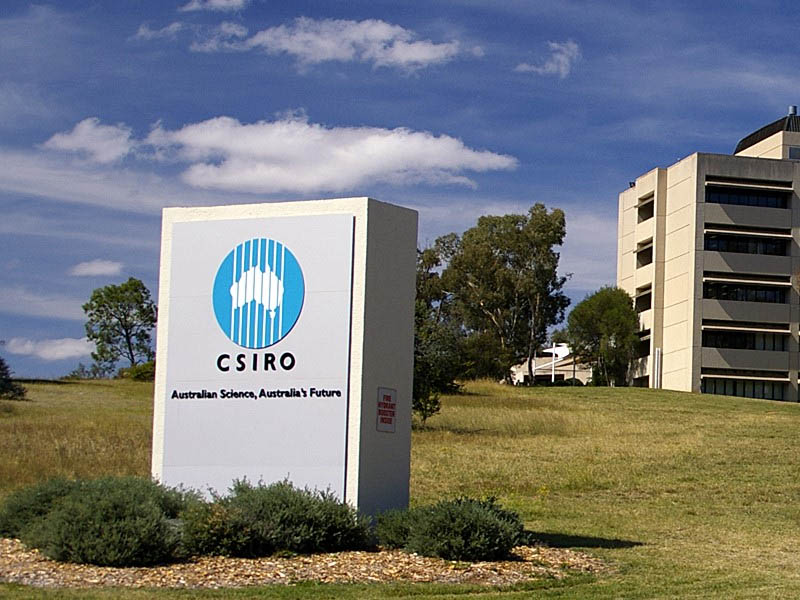The government-imposed staffing cap at its primary science agency has put innovation “under threat”, according to the Opposition.
The Coalition’s Average Staffing Level cap, introduced in 2015-16 with an aim to keep the public sector the same size as it was in 2007, is now being “strictly applied” at the CSIRO this year for the first time, the organisation’s staff association has said.
In the last financial year the organisation exceeded the cap by 110 positions, but as the Department of Industry was under the total cap, this was permitted.

But the staff association has said there has now been a change of approach, with a hard cap of 5,193 positions now being applied at the CSIRO.
This meant no new positions would be created at CSIRO, and many term and casual positions not being renewed, according to the group.
In a statement, the CSIRO said it had taken measures to make sure it could still achieve its goals despite the staffing cap.
“Like all government agencies, the CSIRO manages resourcing within an Average Staffing Level cap. We employ a range of resourcing options in order to do this aimed at ensuring we continue to deliver against our core capability and expertise,” a CSIRO spokesperson told InnovationAus.com.
The Opposition has now hit out at this arbitrary cap at the peak science body, with shadow science minister Brendan O’Connor saying it was “undermining its role in advancing science and innovation”.
“This is the institution that invented WiFi, plastic bank notes and Aerogard, to name just a few. Research and innovation like this is under threat under the Morrison government. This comes at a time of an overall downward trend in R&D under this government’s watch,” Mr O’Connor said.
“The Morrison government has no regard for scientists and this staffing cap is simply a continuation of their war on science.”
It follows a submission from the CSIRO staff association to the senate inquiry into the impact of changes to service delivery models on the administration and running of government programs which said the cap had already hampered the science agency’s ability to do its job and led to an increased reliance on expensive outsourcing.
“CSIRO is now actively restricting recruitment and reports are emerging of an increase in outsourcing of work to external contractors and consultants,” the submission said.
A survey from the group found that seven of CSIRO’s eight units were considering or actively engaging external contractors.
One employee surveyed said their department was “struggling to deliver the project work” and has also had to knock back further work due to an inability to meet the resources needed due to the cap.
“This is hurting CSIRO in the long term as the tacit project knowledge and expertise leave the organisation when the contractor walks out the door,” they said.
The CSIRO staff campaign has been leading a campaign against the implementation of the staffing cap, and has met with Science Minister Karen Andrews and CSIRO boss Larry Marshall.
It said that up to 170 new positions had been put on hold because of the application of the cap.
Do you know more? Contact James Riley via Email.

